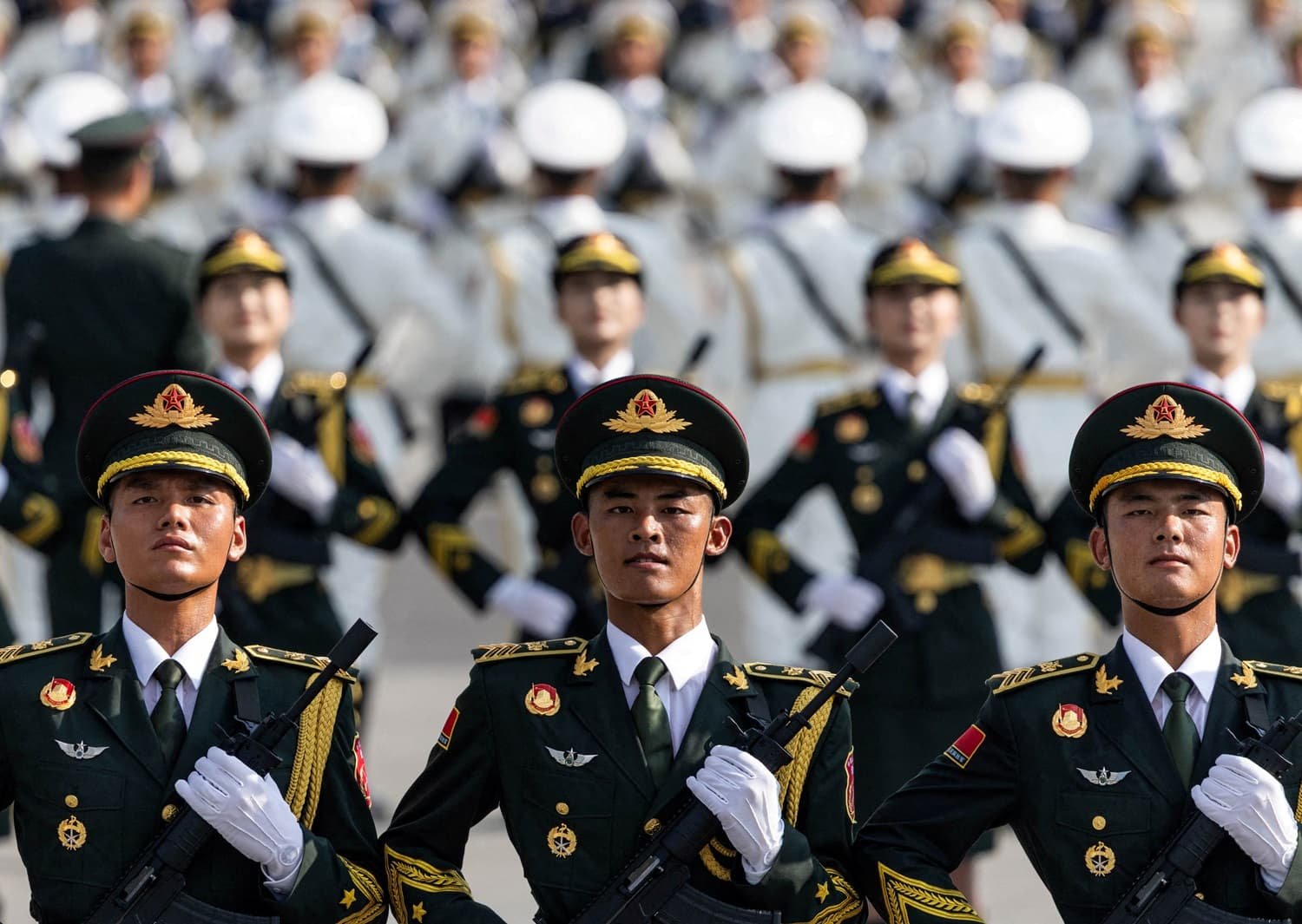In a rare convergence of Eastern leadership, Russian President Vladimir Putin and North Korean leader Kim Jong Un are set to join Chinese President Xi Jinping in Beijing for a grand “Victory Day” military parade on September 3, commemorating the 80th anniversary of Japan’s formal surrender that ended World War II.
The event, hosted in Beijing’s iconic Tiananmen Square, will bring together 26 foreign heads of state and government—among them Belarusian President Alexander Lukashenko, Iranian President Masoud Pezashkian, Indonesian President Prabowo Subianto, and South Korea’s National Assembly Speaker Woo Won-shik—while most Western leaders will notably be absent. Slovakia’s Prime Minister, Robert Fico, appears to be the only major EU representative attending.
The parade is expected to be one of the largest in China in recent memory, featuring a display of cutting-edge military technology—fighter jets, missile defense systems, and hypersonic weapons—alongside tens of thousands of troops reviewed by Xi Jinping and the assembled dignitaries.
Analysts interpret the gathering especially the presence of Putin and Kim as a powerful statement of diplomatic solidarity among Beijing’s closest strategic partners. The joint appearance is likely intended as a unified front in response to Western pressure.
For Kim Jong Un, this marks his first multilateral event since assuming power in 2011, and represents his first trip to China since 2019. The timing underscores his intent to reaffirm ties with Beijing amid intensified military alignment with Moscow.
From a broader geopolitical perspective, the parade not only highlights Sino-Russian-North Korean collaboration but serves as a showcase of China’s military modernization. The spectacle—military hardware, choreographed formation, and a politically synchronized guest list—conveys a message of strength and shared resistance to Western narratives.
With the U.S. and most European powers absent and leaders from the Global South filling seats of prominence, Beijing is turning this ceremonial commemoration into a geopolitical stage, cementing alliances and projecting power under the guise of historical tribute.





